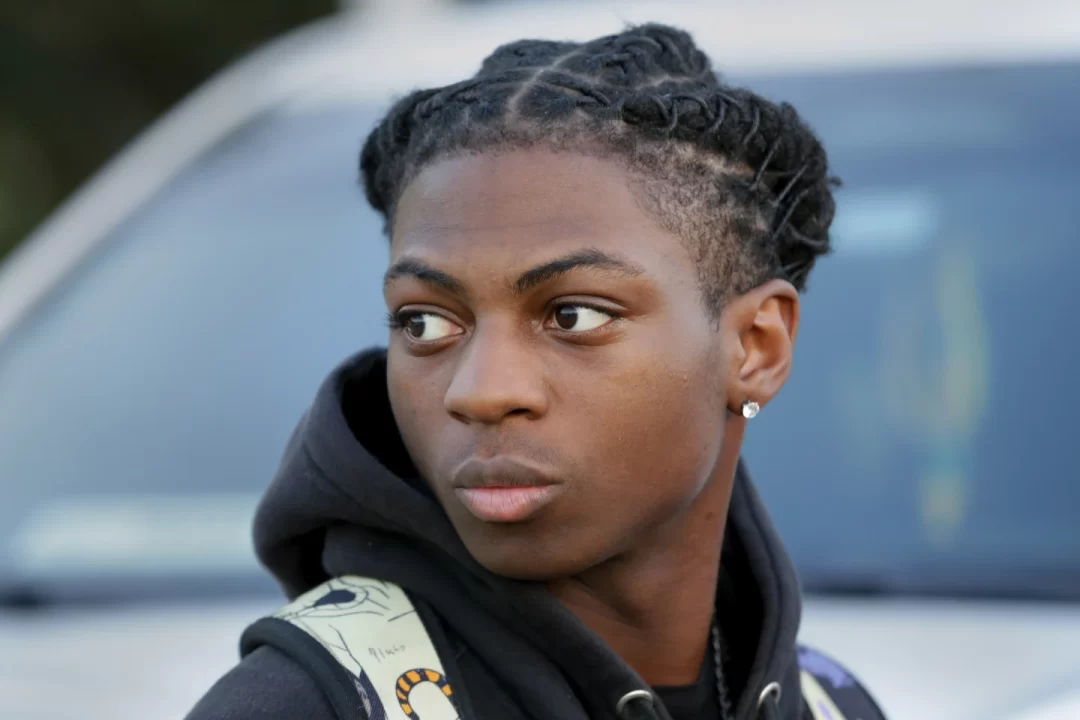MONT BELVIEU, Texas (AP) — A Black high school student in Texas has served more than two weeks of in-school suspensions for wearing twisted dreadlocks to school. When he arrived Monday with the same hairstyle, he was suspended again, his mother said.
The same week his state outlawed racial discrimination based on hairstyles, a Black high school student in Texas was suspended because school officials said his appearance violated the district’s dress code. The incident recalls debates over hair discrimination in schools and the workplace and is already testing the state’s newly enacted CROWN Act, which took effect Sept. 1.
Why this matters:
- The law is aimed at prohibiting race-based hair discrimination and bars employers and schools from penalizing people because of hair texture or styles like Afros, braids, dreadlocks, twists, or Bantu knots.
- For Black people, hair has always played an important role across the Black diaspora. Historians say braids and other hairstyles served as methods of communication across African societies, including to identify tribal affiliation or marriage status and as clues to safety and freedom for those who were captured and enslaved.
- After slavery was abolished, Black American hair became political. The Civil Rights Act of 1964 banned discrimination on the basis of race, color, religion, sex, and national origin, but Black people continued to face professional and social stigma for not fitting European beauty standards and norms.


